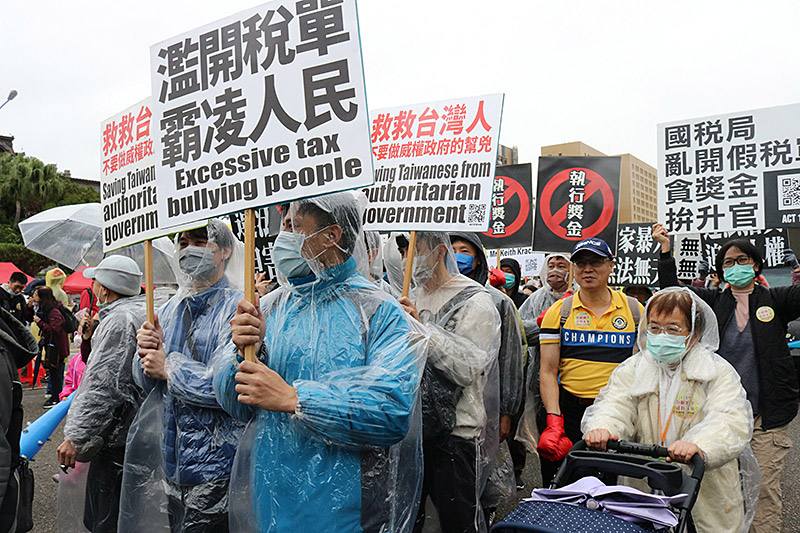It's Not Just the Buildings That Are Getting Smarter
The New York City Department of Buildings announced this week that all permits will now include Quick Response (QR) codes to give anyone with a smartphone instant access to information related to buildings and construction sites.
After a lull in new construction due to poor economic conditions, New York is experiencing a mini-boom in the renovation of old and construction of new buildings. Many of these structures will use smart technologies to cut energy consumption once the work is completed. But a new initiative, announced this week, will bring intelligence to an unlikely place: construction and buildings permits.
In a press conference held Tuesday, Mayor Michael R. Bloomberg, Deputy Mayor for Operations Stephen Goldsmith and Buildings Commissioner Robert LiMandri announced the use of Quick Response (QR) codes on all Department of Buildings permits.

New York City Mayor Michael Bloomberg scans a QR code on a building permit at a press conference announcing the city's adoption of the technology to provide New Yorkers with instant access to information related to buildings and construction sites.
Similar to the way a barcode provides information through a scanner, QR codes provide smartphone users with immediate access to data when they scan the displayed code with their device. After downloading free software, smartphone users can scan the QR code of any construction permit and learn about the ongoing project, including the approved scope of work, identities of the property owner and job applicant, and other approved projects associated with the permit.
Users will also be able to see any complaints and violations related to the location, and they will be furnished with a link to initiate a phone call to 311 in case they want to make a complaint. (311 is New York City's Website and phone number for government information and nonemergency services.)
The mayor, known for his early adoption of technology in several fields, noted the great match between the use of QR codes and expectations of his constituency. "New Yorkers expect to be able to gather information instantly, and the use of QR codes will allow them to get all information about construction work while standing on the sidewalk," Bloomberg said. "The QR codes will provide more efficient access to government data, help the public know what's being built in their neighborhoods, and allow people to make more informed decisions about things from renting an apartment to making a complaint. This is another example of how we are using the latest advances in technology to increase accountability and provide more information to the public."
Upon scanning a QR code on a permit, users are brought to a mobile version of the department's Buildings Information System. This provides permit and violation history for every building in the city. The site serves a full project information screen for the corresponding permit.
Construction permits will feature QR codes as they are replaced at the 975,000 building and construction sites in New York City; all permits are expected to have QR codes by roughly 2013. Smartphone users can download a free QR reader by going to the app store on their device and searching for "QR." A variety of free applications is available for most platforms.
Source: Smarter Technology
- 708 reads




